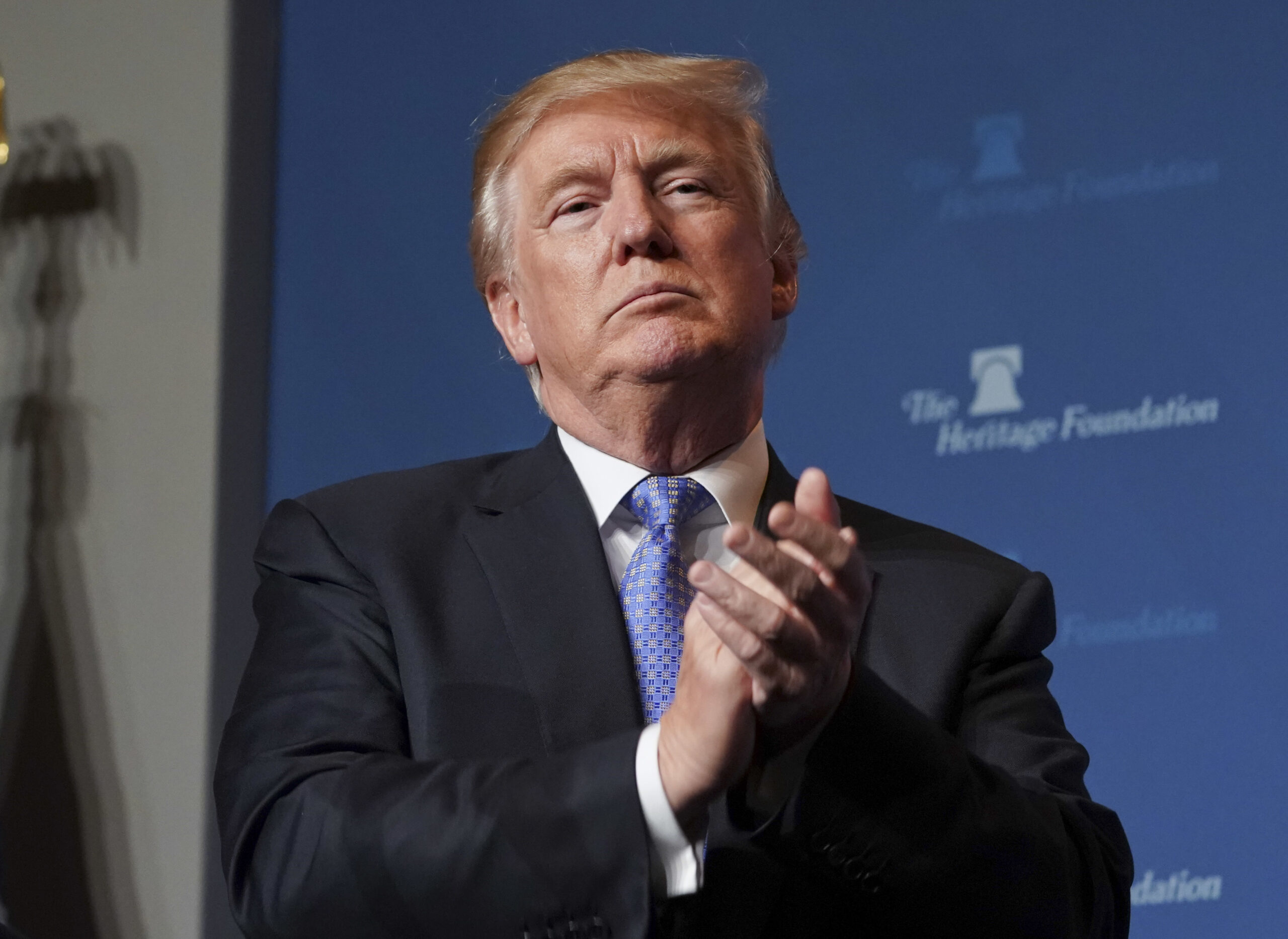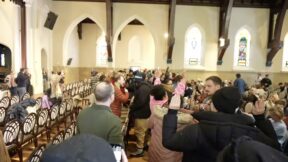Heritage Foundation President Just Comes Out and Says He Doesn’t Believe Biden Won 2020 Election: ‘I Am No Conspiracy Theorist’

(AP Photo/Pablo Martinez Monsivais)
The president of the Heritage Foundation, long considered one of the most influential institutions on the American right, has come out in favor of the conspiracy theory that Joe Biden did not actually prevail in the 2020 presidential election.
In an interview with the New York Times reporter Lulu Garcia-Navarro, Kevin Roberts embraced the unsubstantiated explanation for Trump’s loss in 2020 offered by the former president himself while insisting that he is not conspiracy theorist.
Asked directly by Garcia-Navarro if he believes that Biden won, Roberts bluntly replied “No” before being pressed on his answer, at which point he proved unable to offer any evidence to support his contention:
GARCIA-NAVARRO: Can you tell me why?
ROBERTS: Sure. I think there are unknowns. I don’t know the outcome, but that’s why I can’t say yes definitively. And I am no conspiracy theorist at all, as some of the election-integrity people on the right will tell you. Still a lot of unknowns about two counties in Arizona, multiple counties in Pennsylvania, Wisconsin. Is it possible he won? Sure. But can I say definitively that he won? No. Having said that, I was very vocal at the end of 2020 and early 2021 that that’s what we knew and the election needed to be certified. And so let’s move on.
GARCIA-NAVARRO: Pretty much every bit of evidence has shown there was no substantial fraud.
ROBERTS: We have an election-fraud database at Heritage that shows a lot of instances of fraud. What I’m not saying is that the examples in that database prove that Biden didn’t win. I’m not certain that he won.
Roberts took the reins at the Heritage Foundation in 2021 and has dragged the previously Reaganite think tank toward both Trump’s policies and the man himself.
Notably, he has forced Heritage fellows to recant their support for sending more aid to Ukraine, raising questions over the organization’s scholarly integrity, as well as its commitment to free expression and debate.
New: The Mediaite One-Sheet Newsletter
Your daily summary and analysis of what the many, many media newsletters are saying and reporting. Subscribe now!






Comments
↓ Scroll down for comments ↓